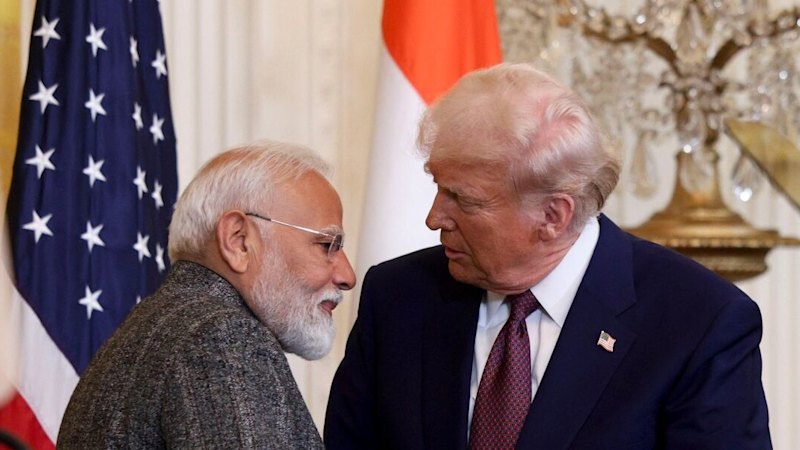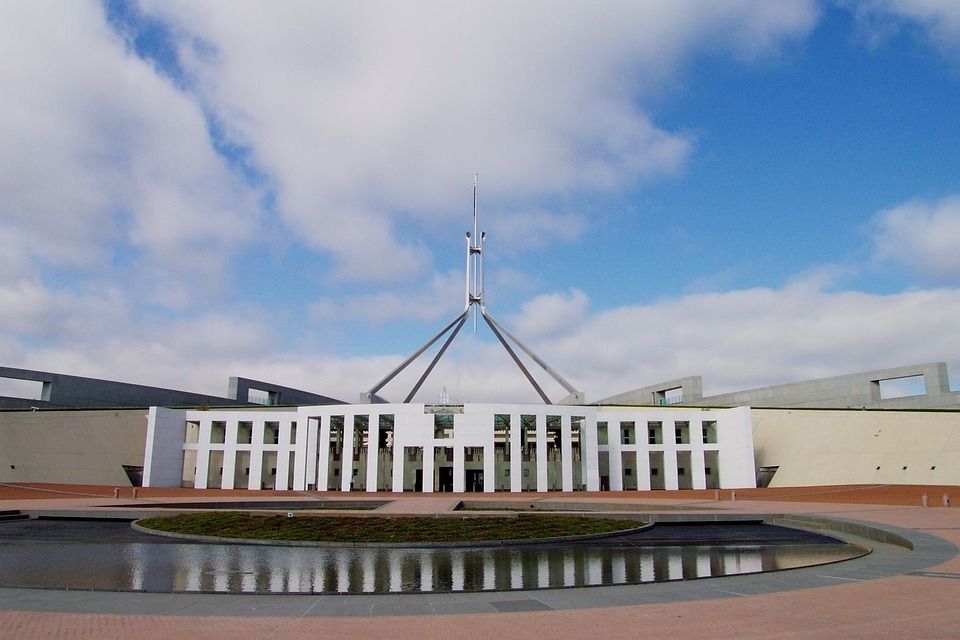
The United States President, Donald Trump, announced plans to significantly increase tariffs on Indian exports to the U.S. in response to India’s continued purchases of Russian oil. The new tariff rate is expected to rise from the current rate of 25%, although specific figures have yet to be disclosed. This move could have substantial implications for trade relations between the two nations.
Trump’s announcement comes amidst heightened tensions globally regarding energy supplies and geopolitical alignments. The U.S. has been vocal about its disapproval of countries engaging in trade with Russia following its invasion of Ukraine. As India maintains a strong relationship with Russia, particularly in energy procurement, this tariff hike represents a significant shift in U.S. trade policy towards India.
Impact on U.S.-India Trade Relations
The proposed tariff increase could strain the economic ties that have developed between the U.S. and India over recent years. In 2022, bilateral trade between the two countries reached approximately $150 billion, with India being one of the fastest-growing markets for U.S. exports. Analysts suggest that a steep increase in tariffs may lead to retaliation from India, further complicating an already complex trade landscape.
Trade experts are closely monitoring the situation, as India is a key player in the global market. The country has sought to diversify its energy sources, but its reliance on Russian oil remains significant. Trump’s decision may push India to reconsider its energy strategy, possibly accelerating efforts to explore alternative suppliers.
Global Reactions and Broader Implications
International reactions to Trump’s announcement have been mixed. While some support the U.S. stance against Russia, others express concern over the potential for economic fallout affecting millions of people in India. The Indian government has yet to respond officially, but industry leaders are preparing for potential disruptions.
In parallel, Israeli Prime Minister Benjamin Netanyahu is reportedly formulating a new strategy regarding the ongoing conflict in Gaza. This development has drawn attention amid growing international outcry over the humanitarian situation in the region. As geopolitical tensions rise, the confluence of trade policy and military strategy is likely to keep the world focused on both the U.S. and Israel’s actions.
As the situation evolves, analysts emphasize the importance of diplomatic dialogue to prevent further escalation in both economic and military arenas. The coming weeks will be crucial in determining how these developments unfold and their potential impacts on international relations.






